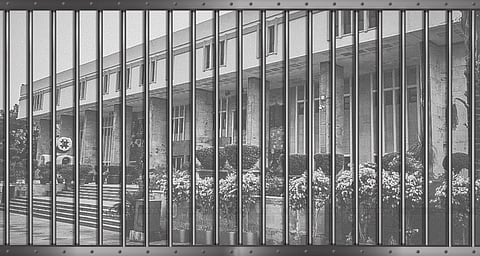
- News
- Columns
- Interviews
- Law Firms
- Apprentice Lawyer
- Legal Jobs
- हिंदी
- ಕನ್ನಡ

The Delhi High Court has held that the wish of a prisoner is not the only factor to be considered while transferring him to another prison on humanitarian grounds and the same was subject to security concerns of the State.